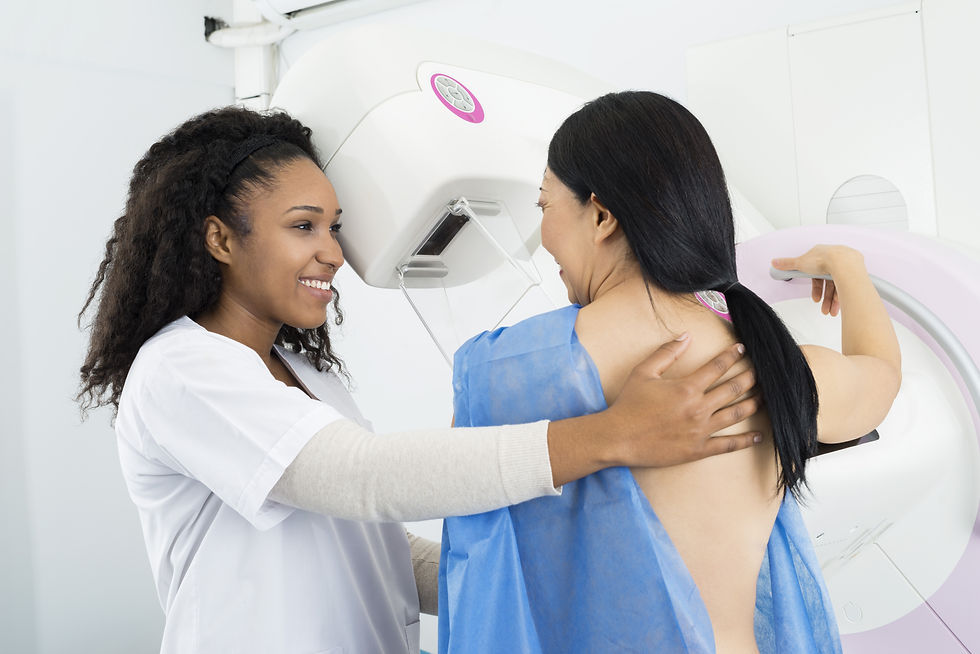The Art of Tongue Diagnosis in Traditional Chinese Medicine
- OksanaG
- May 7, 2025
- 2 min read
In Traditional Chinese Medicine (TCM), the tongue is more than just a muscular organ for taste—it's a mirror of the body's internal health. At our acupuncture clinic, tongue diagnosis is one of the key tools we use to assess your overall well-being and tailor your treatments with precision.
Why Examine the Tongue?
The tongue is connected to the meridians and internal organs. Its color, shape, coating, and movement provide valuable insights into the state of your Qi (vital energy), Blood, and organ function. Unlike some diagnostic methods that fluctuate rapidly, changes on the tongue tend to reflect deeper, more sustained imbalances.

What We Look For
Color
Pale: May suggest Qi or Blood deficiency. Common in fatigue, cold sensitivity, or anemia-like symptoms.
Red: Often points to heat in the body—think inflammation, irritability, or insomnia.
Purple or Dusky: Can indicate Blood stagnation or poor circulation.
Shape
Swollen with teeth marks: Often a sign of Spleen Qi deficiency and damp accumulation.
Thin: May suggest Yin or Blood deficiency.
Cracks: Can indicate Yin deficiency or chronic conditions depending on location.
Coating
Thin white coat: Normal and healthy.
Thick or greasy: Points to dampness or phlegm, often related to digestive issues.
Yellow coat: Suggests internal heat or damp-heat.
Moisture
Dry: Indicates heat or Yin deficiency.
Overly wet: Can be a sign of cold or damp accumulation.
Location-Based Clues
Tip of the tongue: Heart and Lung
Center: Spleen and Stomach
Sides: Liver and Gallbladder
Root: Kidney and Bladder
How It Supports Your Treatment
When you visit our clinic, we may ask to look at your tongue—not just once, but across sessions. This helps us track your healing journey, fine-tune your acupuncture points, and make herbal or dietary recommendations that align with your body's current needs.
A Note for Self-Observers
While it's tempting to self-diagnose, tongue reading is a nuanced skill that considers your entire health picture. That said, you can observe changes in your tongue over time and bring up what you notice during your consultation—it’s a great way to be an active participant in your healing process!




Comments